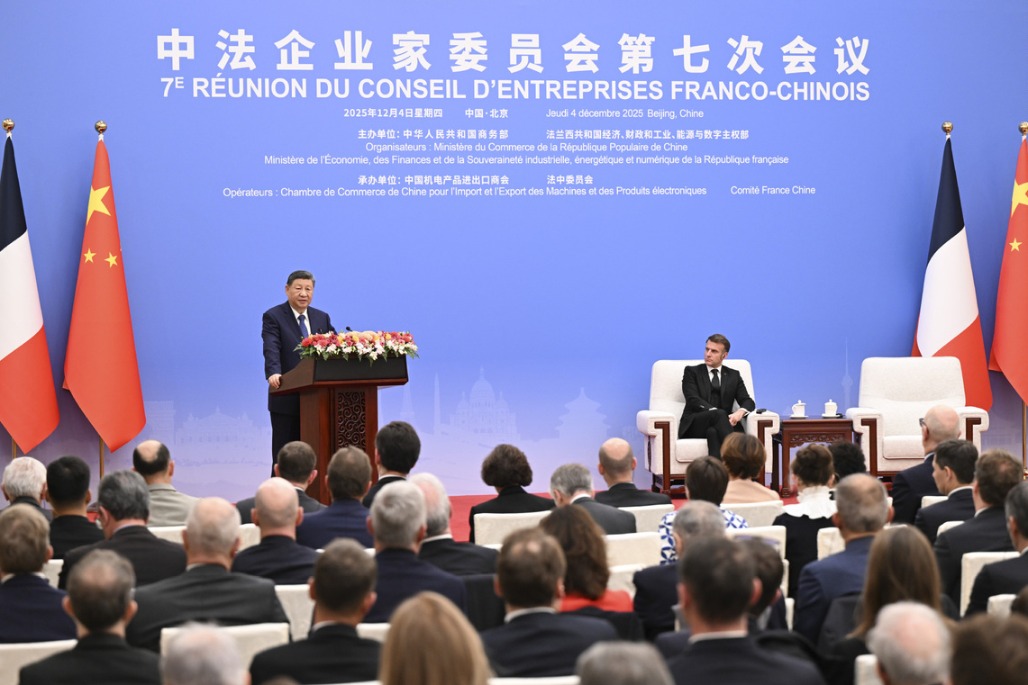Hong Kong audience mesmerized by Zhejiang's Wuju Opera
By Ma Zhenhuan in Hangzhou | chinadaily.com.cn | Updated: 2023-07-26 18:30

An art troupe from Jinhua, East China's Zhejiang province, performed the traditional Wuju Opera in Hong Kong from Friday to Sunday as part of the 2023 China Opera Festival.
Artists staged three performances for audiences from Hong Kong, Singapore, Macao, and Taiwan, drawing warm cheers and applause.
Yao Jianzhong, a Shanghai native who has lived in Hong Kong for more than 60 years, said the performances are the best he has ever watched, and expressed the hope that he can travel to Jinhua to see more opera performances.
The Hong Kong Chinese Opera Festival has been held for 11 sessions and each year eight outstanding theater groups are invited from all over the country to perform in Hong Kong, said Bu Xiaolong, the president of the Hong Kong Shanghai Chinese Opera Arts Association.
"Wuju Opera from Zhejiang is popular among our audiences due to its artistic performance. It is the third time that we have invited art troupes to perform Wuju Opera to participate in the Chinese Opera Festival, and we hope to invite them to Hong Kong again next year," Bu added.
He Ziyuan, director of the Kreta Ayer People's Theatre Foundation in Singapore, has delivered invitations to the art troupe, and noted that the artists' performing skills impress her most and that Wuju Opera is popular among Singaporean residents.
Wuju Opera is a special type of opera local to the city of Jinhua and its neighboring areas in Zhejiang. The opera was listed as a national intangible cultural heritage in 2008, and is playing a significant role in strengthening the province's cultural exchanges.
The traditional art form differs from other similar art forms in southern China in many ways. For example, Wuju is sung mostly in Mandarin, so Chinese audiences generally find it easier to understand, and its tunes are high-pitched while others can be lingering.
Wuju Opera has its roots in neighboring Anhui province, and comes from the Ming Dynasty (1368-1644).
Fang Xiaoying in Hangzhou contributed to this story.
























